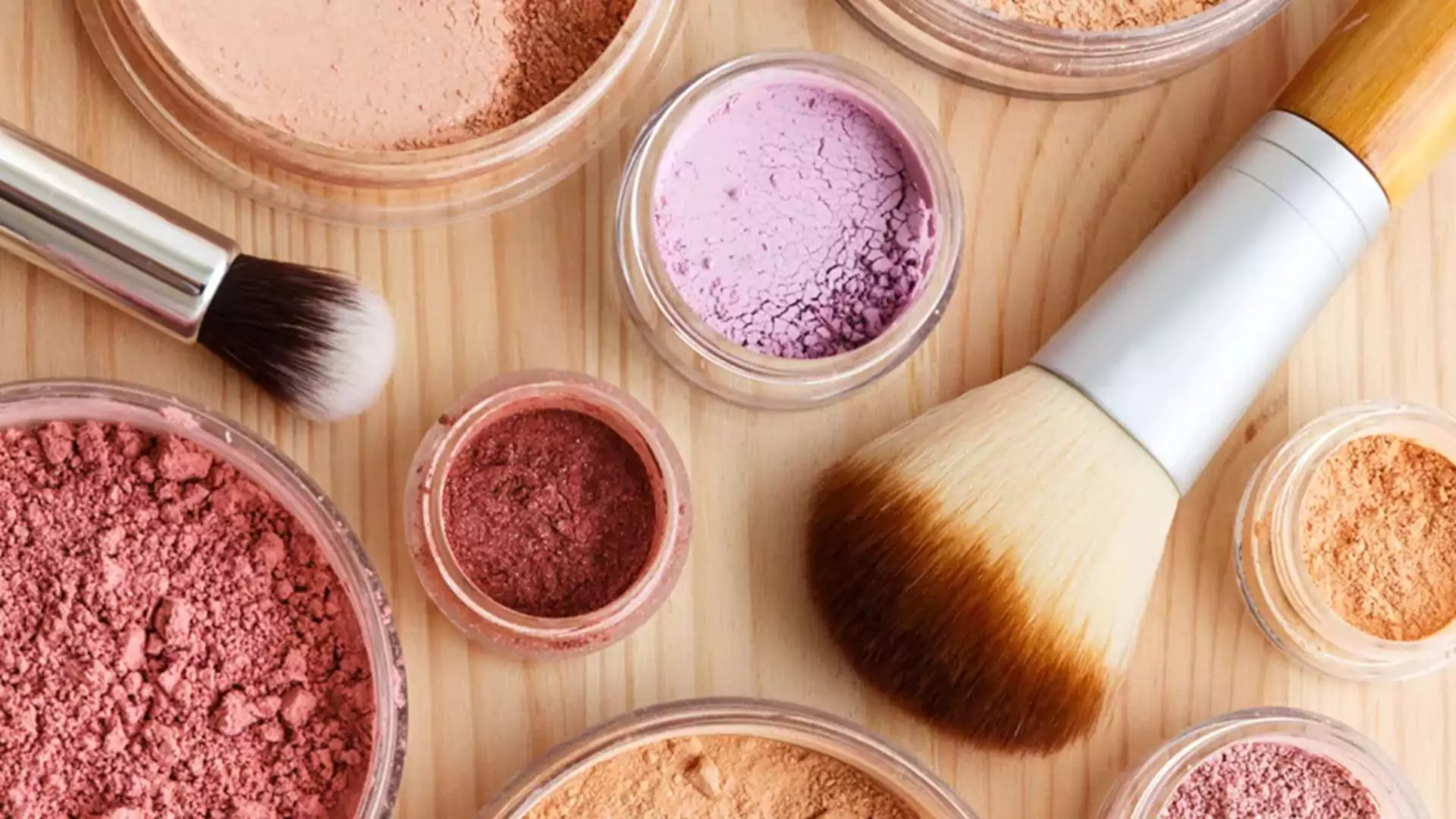For many beauty enthusiasts, a perfect day might involve waking up with a radiant complexion, enjoying a favorite cup of coffee, and indulging in a visit to a beauty store. The excitement of exploring various products, trying out different testers, and perhaps ending the day with a delightful meal sounds like a dream. However, the seemingly innocent act of testing beauty products at stores comes with its own set of risks that many might overlook.
The Joy and Risks of Testing Beauty Products
The thrill of experimenting with new makeup and skincare products is akin to a child in a candy store. Yet, this routine self-pampering activity can sometimes pose significant risks to your skin.
Compromised Hygiene: A Major Concern
“With such testers, there is a great chance of contamination, and thus, the cleanliness of testers at cosmetic establishments is frequently questioned,” says Dr. Shitij Goel, Head of Dermatology at Sharda Hospital, NCR. He explains that beauty testers are often exposed to numerous customers, making them potential breeding grounds for bacteria, viruses, and other pathogens.
While some stores maintain hygiene standards by providing disposable applicators and regularly sterilizing products, these practices are not always adhered to. Products like lipsticks and mascaras, which come into direct contact with the skin or mucous membranes, are particularly susceptible to contamination.
Dr. Vivek Jagmohan Nigam, a Mumbai-based trichologist and aesthetic surgeon, highlights that many customers do not follow proper hygiene protocols, such as using disposable applicators. “E. coli contamination is common through people who do not wash their hands and have used testers before you. Lipstick, balms, lip glosses, mascaras, eyeliner, and kajal involve exposure to others; hence, the risk of infection with such products is high,” he adds.
ALSO READ: The Nutty Surge: Why Walnuts Are Winning Over the World—And What You Need To Know About Their Risks
Potential Skin Issues
Dr. Saguna Puttoo, a dermatologist at Apollo Medical Centre in Hyderabad, warns that using testers can lead to a variety of skin problems. These include viral infections, allergic reactions, irritant contact dermatitis, itchy and flaky rashes, and even clogged pores or acne flare-ups.
Dr. Goel further emphasizes the risks, stating, “Prolonged usage of a product without adequate sanitisation can lead to the growth of bacteria, viruses, and fungi on its surface.” He notes that liquid cosmetics can create moist environments that encourage the proliferation of germs, increasing the risk of conditions like conjunctivitis, acne, and impetigo. Testing products directly on sensitive areas such as the lips or eyes can exacerbate these risks.
Should You Try Testers?
Dr. Puttoo suggests that trying products at beauty stores can be enjoyable, provided you are aware of your skin type and are at a reputable store. However, she strongly advises against testing lip stains or lipsticks directly on your lips.
Dr. Goel advocates for avoiding makeup testers altogether to maintain skin health. He recommends opting for single-use samples instead of using testers that have been exposed to multiple customers.
Best Practices for Testing Products
If you choose to test products at a beauty store, there are several precautions you should take to minimize risks:
- Check Expiry Dates: Always verify the expiry date of the product before applying it to your skin.
- Use Disposable Applicators: Utilize store-provided disposable applicators or cotton swabs rather than directly using the product’s wand. If store staff use their hands, ensure they sanitize first.
- Avoid Direct Contact: Refrain from applying makeup directly to delicate areas like your lips or eyes. Instead, test products on less sensitive areas such as the back of your hand or wrist.
- Carry Alcohol Wipes: Bring alcohol wipes to clean the surface of products before use. For items like mascaras or liquid foundations, ask for a new tester to be opened in front of you.
The Future of Product Testing
In today’s digital age, many cosmetic companies offer virtual try-on technologies, which allow you to see how products would look on your skin tone without physical testers. These digital tools reduce the risks associated with using physical testers and offer a convenient alternative.
Moreover, many stores provide sealed product samples or take-home sample services upon request. It’s worth asking for these options to ensure you’re testing products in the safest possible manner.
While the allure of trying various beauty products is undeniable, prioritizing your skin’s health and safety is paramount.





